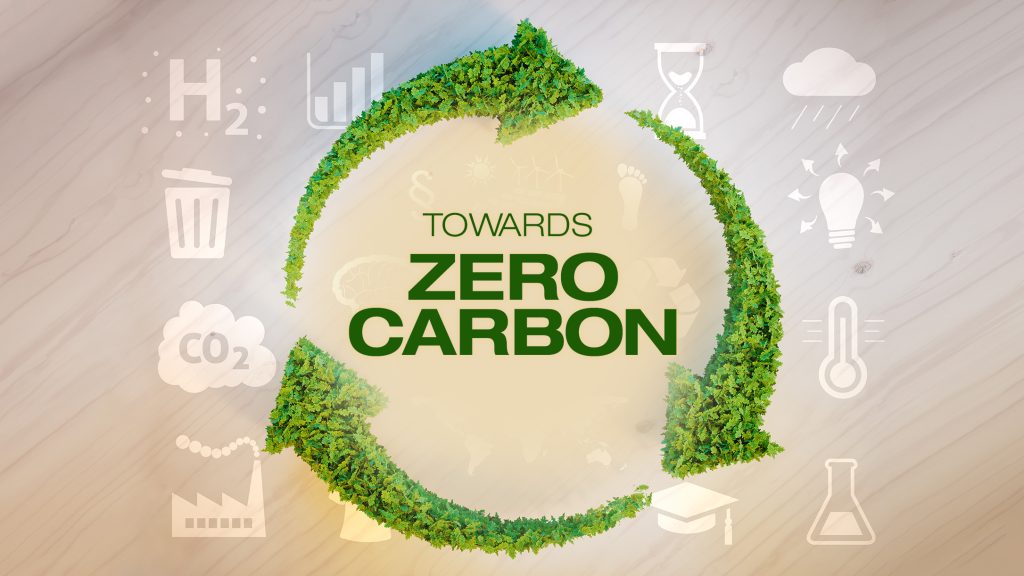In the face of accelerating climate change, the imperative to achieve climate neutrality has become increasingly urgent. This calls for a radical departure from our reliance on fossil fuels, which have shackled us to a carbon-intensive economy for far too long. Breaking free from these carbon chains demands a multifaceted approach that encompasses technological innovation, policy reforms, and societal shifts. At the heart of this transition lies the need to decarbonize our energy systems. Renewable energy sources such as solar, wind, and hydroelectric power offer promising alternatives, providing clean, sustainable sources of energy that can power our communities without exacerbating the climate crisis. However, transitioning to renewable energy alone is not sufficient; we must also revolutionize our transportation sector, which accounts for a significant portion of global carbon emissions. Embracing electric vehicles, expanding public transportation networks, and promoting active transportation options like biking and walking are crucial steps towards reducing our carbon footprint in this domain.

Moreover, achieving climate neutrality requires reimagining our agricultural practices, which are not only a major source of greenhouse gas emissions but also vulnerable to the impacts of climate change. Implementing regenerative farming techniques, restoring ecosystems, and reducing food waste can help mitigate these emissions while building resilience in the face of a changing climate. Beyond these sector-specific measures, addressing climate neutrality necessitates a fundamental shift in our economic paradigm. The pursuit of endless growth and consumption must give way to a circular economy, where resources are conserved, reused, and recycled to minimize waste and carbon emissions. This transition demands bold policy interventions, including carbon pricing mechanisms, subsidies for renewable energy and sustainable practices, and regulations that hold polluters accountable for their emissions. Balancing the scales requires a collective commitment from individuals to global entities, transcending boundaries and ideologies.
Only through concerted and sustained efforts can we hope to secure a harmonious coexistence with our planet, ensuring a sustainable and resilient future for generations to come. As we enter the 2020s, the push for carbon neutrality has become more urgent than ever. The effects of climate change are increasingly evident, underscoring the need for swift and comprehensive action. Governments, businesses, and individuals are now engaged in a collective race against time to achieve zero impact on the environment. The evolution of carbon neutrality continues to unfold, driven by a shared commitment to secure a sustainable future for generations to come. It is a journey marked by challenges and triumphs, guided by the understanding that our actions today will shape the climate of tomorrow. As the mowa carbon neutral echoes of our carbon-intensive past fade into the background, the emergence of a carbon-free soundscape becomes an anthem of hope and resilience. The journey is not without challenges, but the symphony of sustainability is resilient and adaptive.